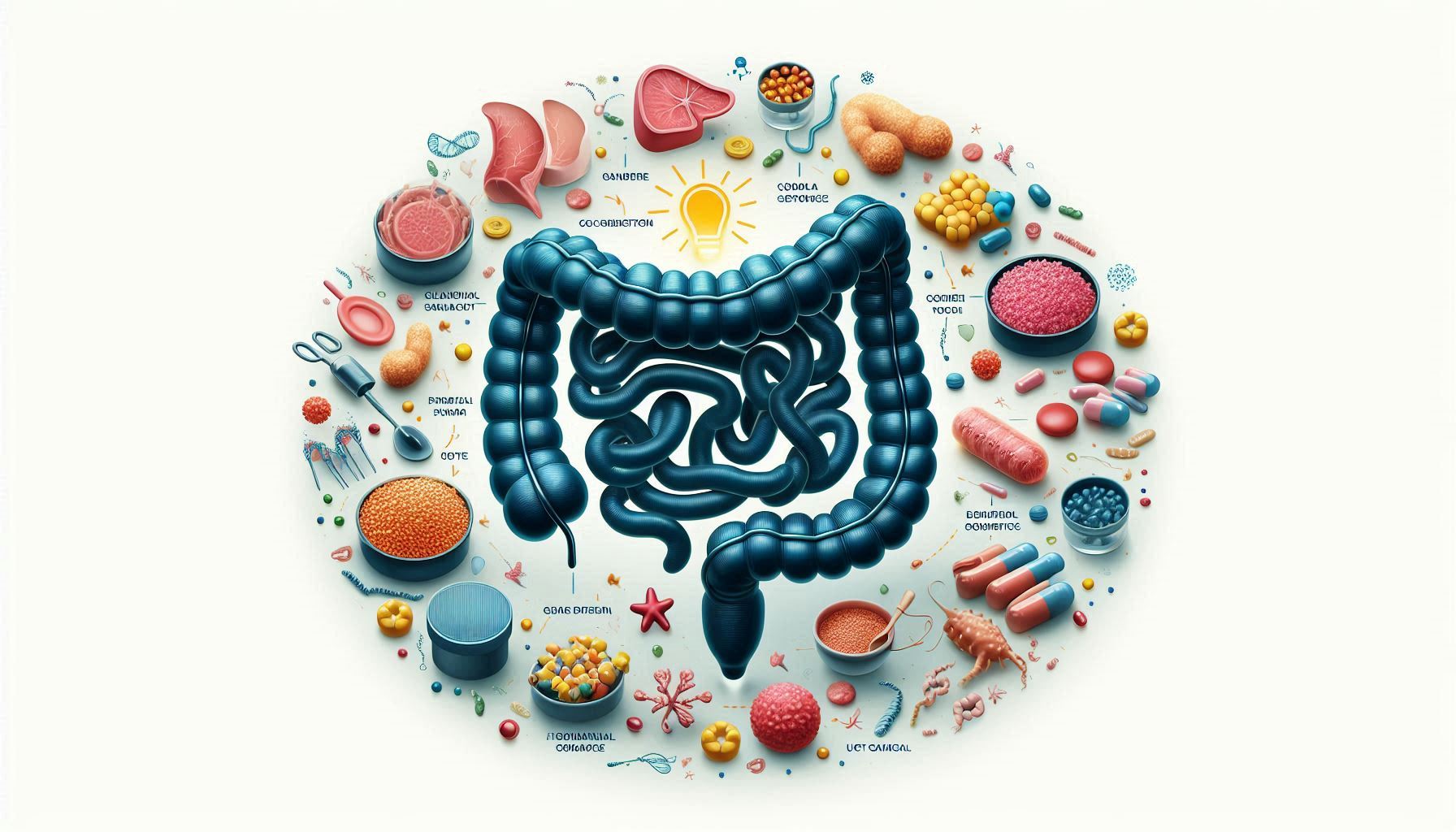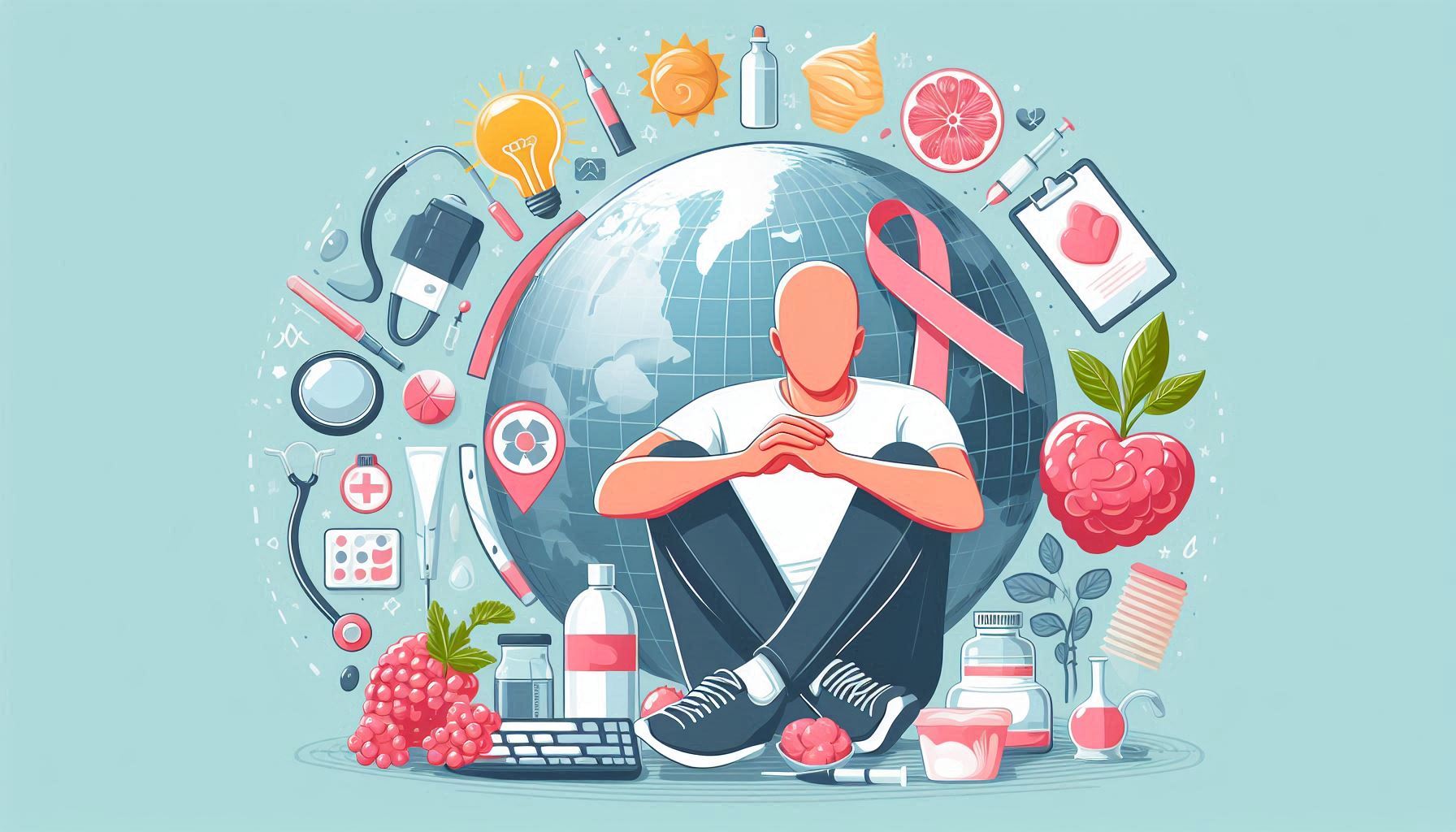Menstruation is a natural biological process, yet millions of adolescent girls in India still face stigma, misinformation, and inadequate access to menstrual hygiene products. While progress has been made, challenges remain in ensuring safe, dignified, and informed menstrual health practices across the country.
The Shift Towards Better Menstrual Hygiene
India has seen significant policy advancements in menstrual hygiene management over the past decade. The Rashtriya Kishor Swasthya Karyakram (RKSK), launched in 2014, aims to increase awareness and access to high-quality sanitary napkins for adolescent girls in rural areas. Several state governments, including Odisha, Andhra Pradesh, Chhattisgarh, Maharashtra, and Kerala, have initiated free sanitary pad distribution programs in schools
However, disparities persist. Only 58% of adolescent girls nationwide use hygienic menstrual methods, with even lower rates in states like Uttar Pradesh (43%). Rural areas face greater challenges, including lack of education, cultural taboos, and inadequate sanitation infrastructure.
Addressing Cultural Barriers and Education
Organizations like Menstrual Health Alliance India and Protsahan India Foundation are working to break taboos and educate communities. Peer educators in urban slums are teaching girls proper menstrual hygiene practices, including safe disposal of sanitary products and the importance of drying reusable cloth pads in sunlight.
Despite these efforts, many frontline health workers lack adequate training, making it difficult to effectively communicate menstrual health information. Experts emphasize the need for scientific knowledge in accessible languages to empower both educators and adolescent girls.
Menstrual Hygiene Day: A Global Movement
Observed annually on May 28, Menstrual Hygiene Day aims to raise awareness and promote access to menstrual health resources. The theme for Menstrual Hygiene Day 2025, “Together for a #PeriodFriendlyWorld”, highlights the importance of eliminating stigma and ensuring universal access to menstrual hygiene education and products.
In India, initiatives like Gujarat’s “Menstrual Corners”—safe spaces in schools where students can learn about menstruation through interactive tools and booklets—are helping normalize conversations around periods. Celebrities like Kareena Kapoor Khan have backed these efforts, emphasizing that lack of awareness—not periods themselves—is the real issue.
The Road Ahead
While India has made strides in menstrual hygiene awareness and accessibility, more work is needed to ensure every adolescent girl has the knowledge, resources, and support to manage her periods safely and confidently.
Key priorities moving forward include:
Expanding menstrual hygiene education beyond schools to reach out-of-school girls.
Training frontline health workers to effectively communicate menstrual health information.
Promoting sustainable menstrual products to address environmental concerns.
Encouraging open conversations to dismantle deep-rooted cultural taboos.
Menstruation is not a problem—but lack of awareness, access, and dignity is. By working together, we can build a #PeriodFriendlyWorld where every girl and woman can manage her periods safely, confidently, and without shame.
References:
Improving menstrual hygiene among adolescent girls in India
Menstrual Hygiene Day 2025: Date, theme, significance









Leave a Reply